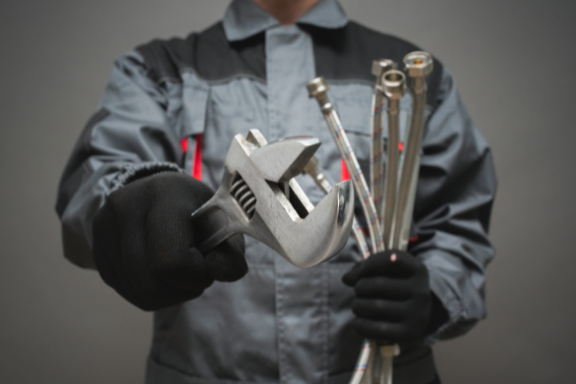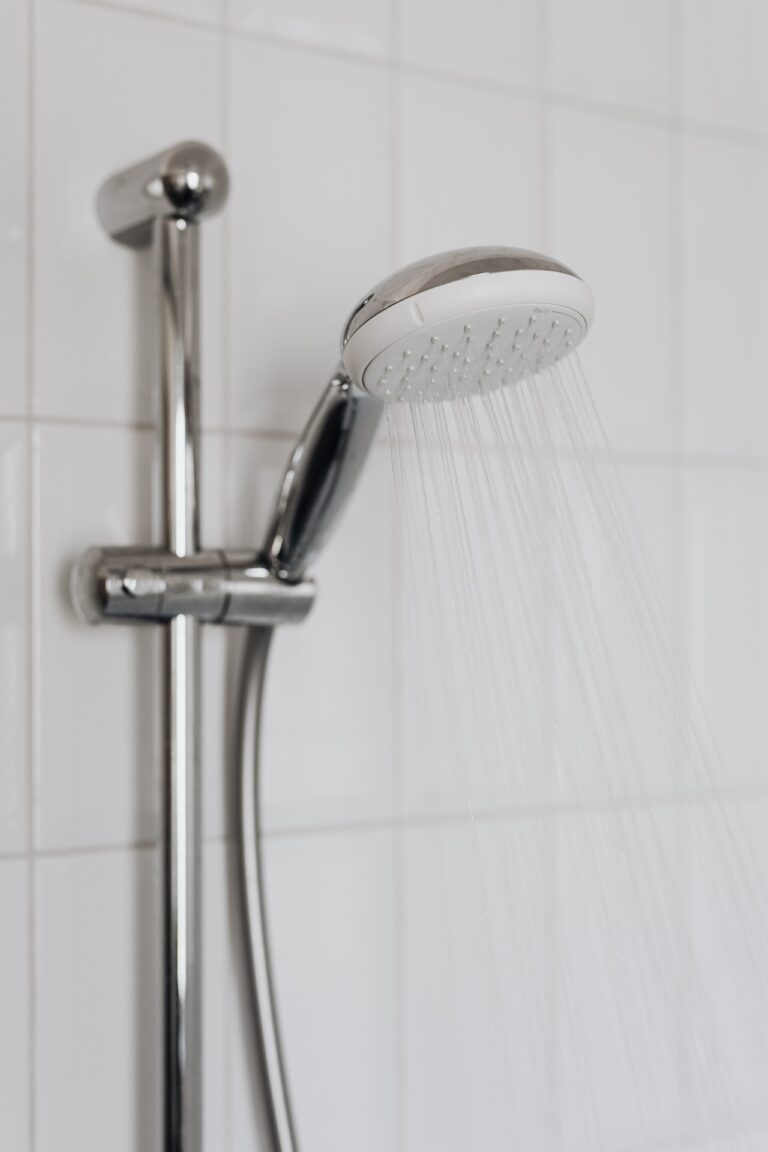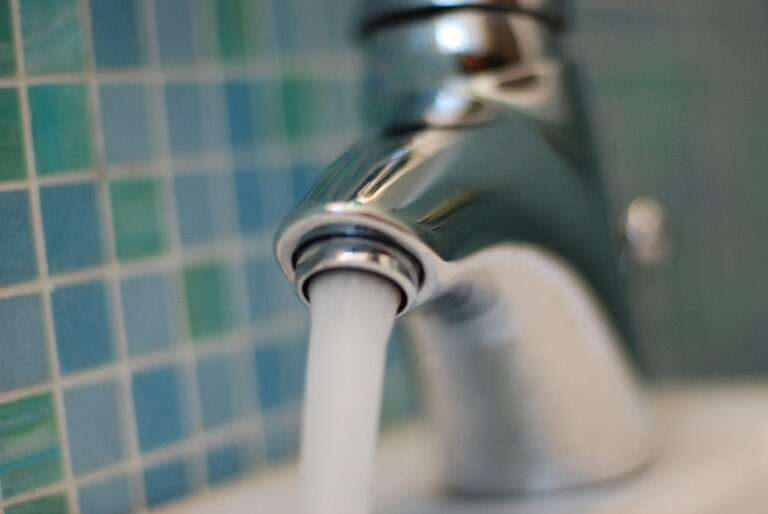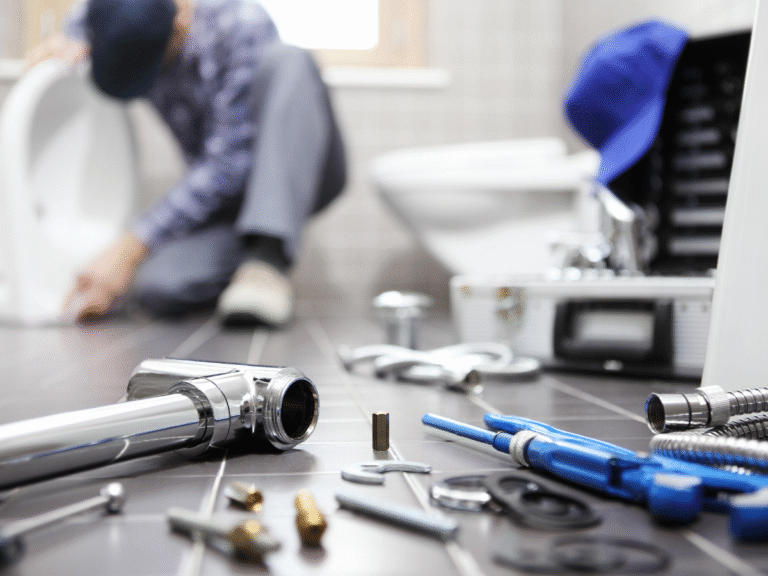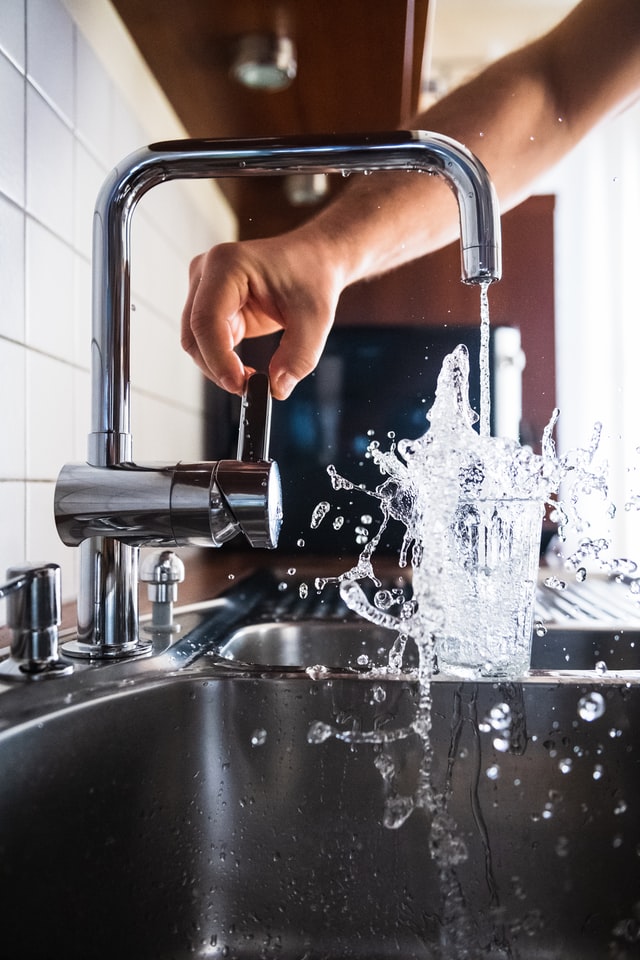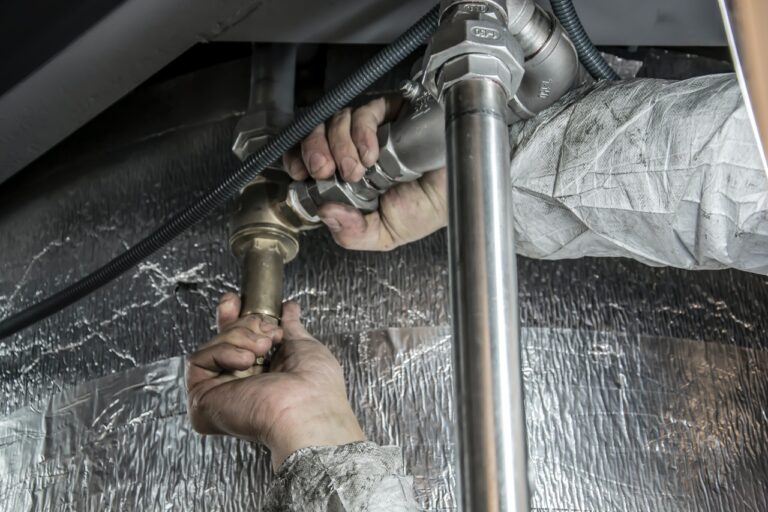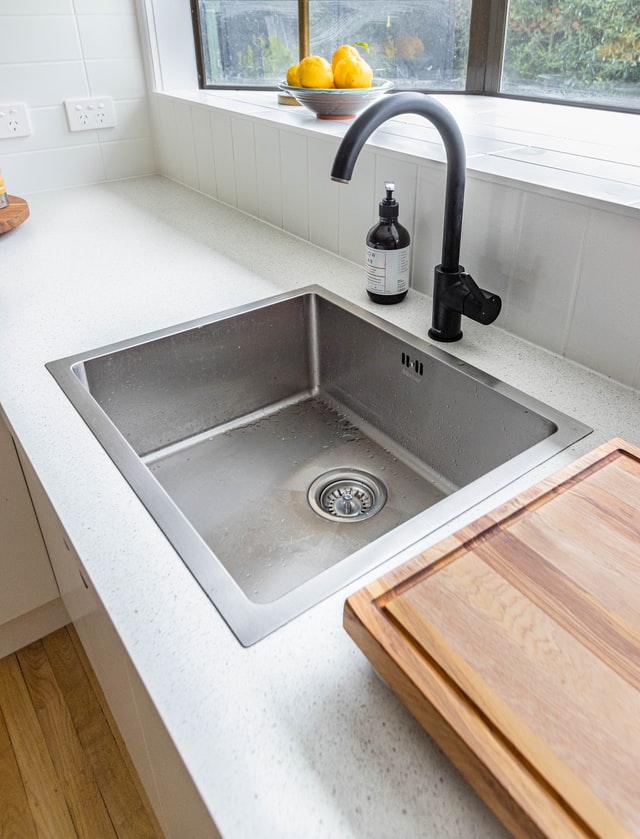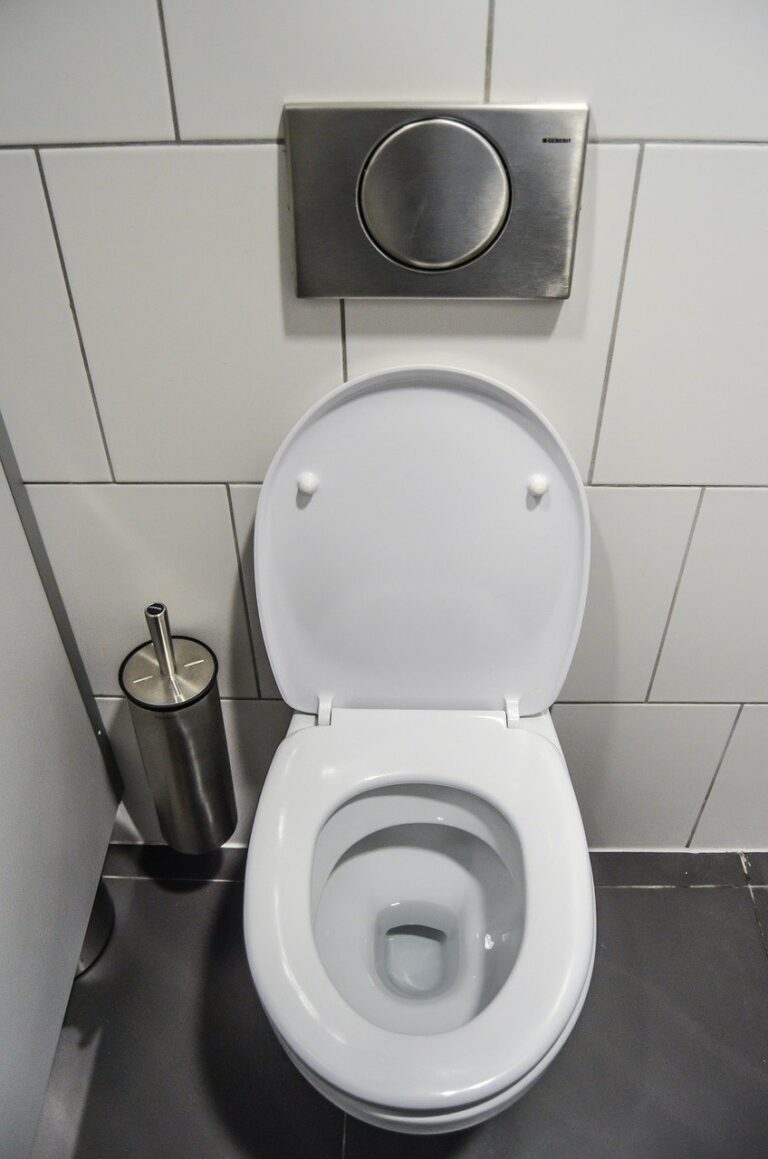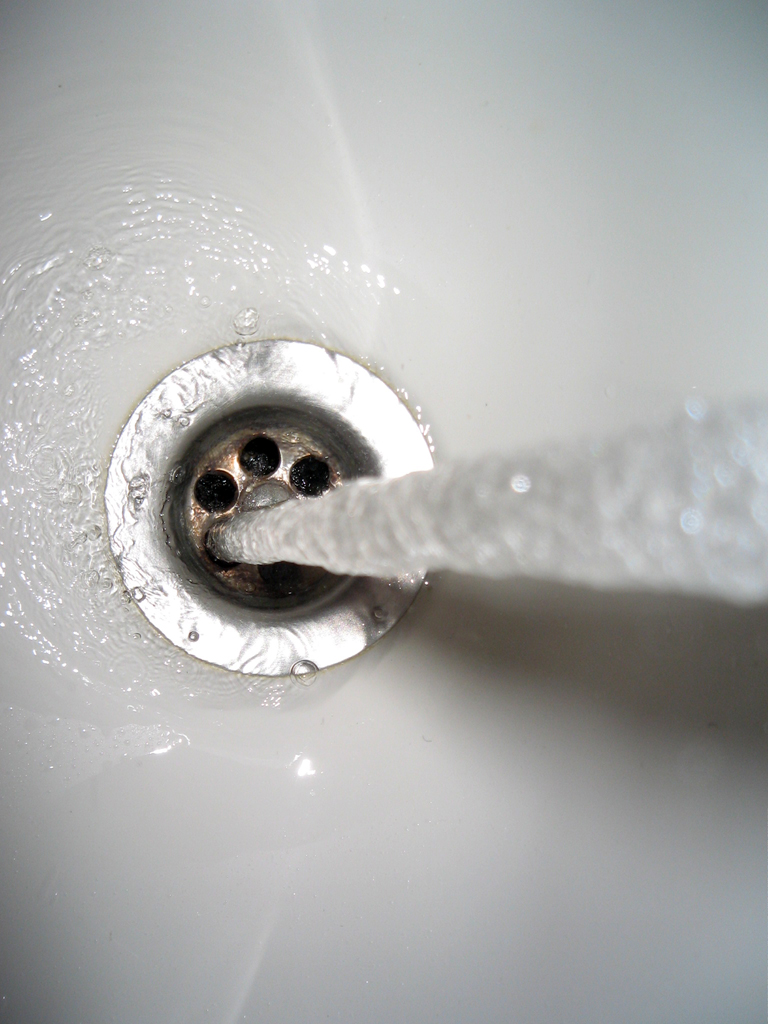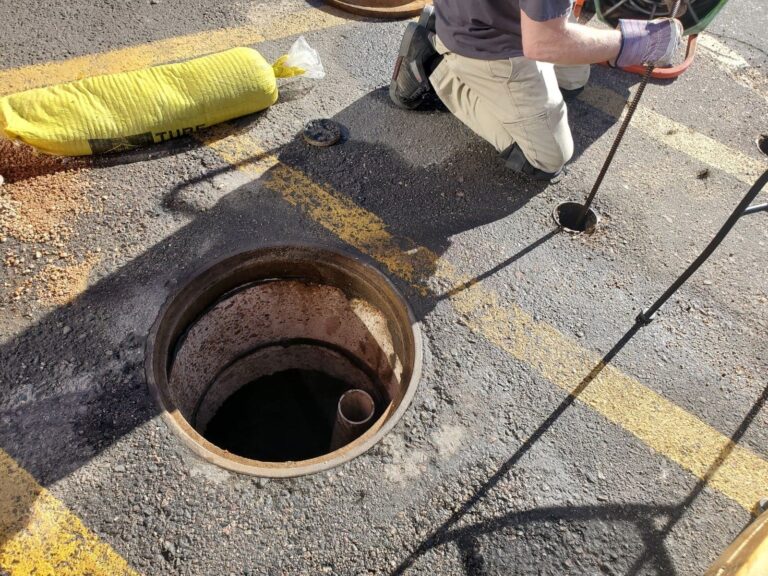While most people have heard of hard and soft water, many don’t know exactly what makes hard water different. But, if the water flowing through your Denver plumbing system is hard, you could be facing a variety of potential issues with your pipes, appliances, and even your hair and skin.
This article will discuss hard water, the risks that it presents, and how you can spot it in your Denver home.
What is Hard Water?
Hard water is defined as water that has high levels of minerals, mainly calcium and magnesium. Generally, hard water doesn’t look any different than soft water (water that’s low in minerals but higher in salt). Hard water also doesn’t affect the health or cleanliness of drinking water.
The Risks of Hard Water
Although hard water is safe to drink, it can have a variety of adverse effects on your household:
Pipe Damage
With hard water traveling through your Denver plumbing, there’s a high risk of limescale development. As limescale builds up in your home’s pipes, the pipes can become clogged. When pipes are frequently clogged due to scale buildup, the pressure inside of the pipes is elevated.
Pipes that are clogged due to limescale from hard water are more susceptible to damage like pinhole leaks and drips inside of the walls. Over time, this can lead to mold development and, in severe cases, flooding.
Visible Limescale
While you can’t see the limescale developing inside of your home’s pipes, you can see it growing on your bathtub, bathroom tiles, showerhead, toilet bowl, ice dispenser, kettle, sink, faucet, and washing machine. Limescale is unattractive and difficult to remove. Unfortunately, any part of your home that experiences frequent water exposure is vulnerable to limescale when you have hard water.
Reduced Water Pressure
When limescale from hard water builds up, it can even inhibit the flow of water from your showerhead and taps. This results in poor water pressure when you shower, wash your hands, clean dishes, and use faucets for other everyday activities.
Water Heater Damage
If you have hard water, solid calcium deposits can develop in your water heater. This can diminish the condition of your water heater, reduce its energy efficiency, and increase your utility bills.
Skin and Hair Problems
While hard water isn’t bad for your health, it can have unfortunate effects on your skin and hair. When you bathe with hard water every day, these effects can become more pronounced.
The minerals in hard water create a hard film on your hair. This makes it hard for moisture to reach each strand of hair. As a result, you may notice that your hair appears dull and has a dry texture. Hard water can also make hair more likely to break and, with prolonged exposure, can contribute to hair loss.
Hard water disrupts your skin’s pH balance, which can contribute to issues including eczema, acne, and infections.
Clothing Damage
Washing your clothes with hard water causes them to wear out more quickly. You may notice that articles of clothing become duller in color more rapidly, or that mineral stains are present when you take clothes out of the washing machine. Having to replace clothing more frequently because of hard water can be costly, and you may lose some of your favorite garments in the process.
Signs of Hard Water
Some of the most common signs of hard water include:
The sensation of a film on your hands after rinsing them.
After washing your hands with hard water, you may feel like a residue was left behind on your skin. This occurs as a result of a chemical reaction between the calcium in the hard water and the soap, which causes soap scum.
Reduced water pressure
As we mentioned above, limescale buildup on your showerhead and faucets can reduce the water pressure in your home
Spots on silverware and glassware from the dishwasher
If you notice spots on your silverware and glassware when you pull them out of the dishwasher, hard water could be the culprit. Hard water can cause small calcium deposits on these items when they’re cycled through the dishwasher.
Poor-tasting tap water
While tap water is safe to drink, if scale has built up in your pipes, your tap water may start to take on a strange, muddy taste. Additionally, if you have hard water that’s high in iron, your tap water may have a metallic taste.
Reduced appliance efficiency
Hard water diminishes the efficiency of several home appliances, not just your water heater. If you have rising monthly utility bills with no other known cause, hard water could be to blame.
If you’re facing plumbing damage caused by hard water, contact the expert plumbers at Drain Terrier in Denver for assistance.

